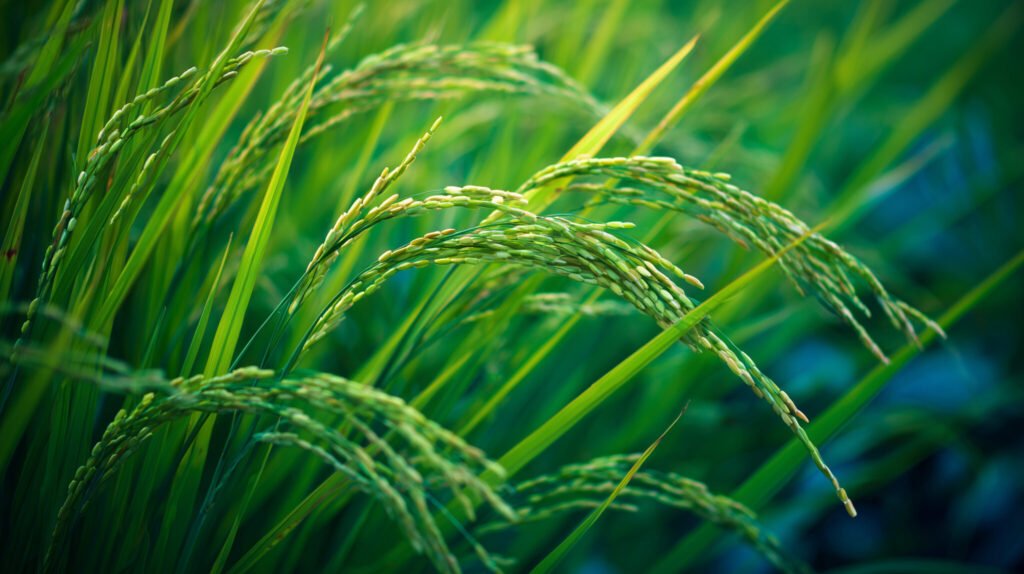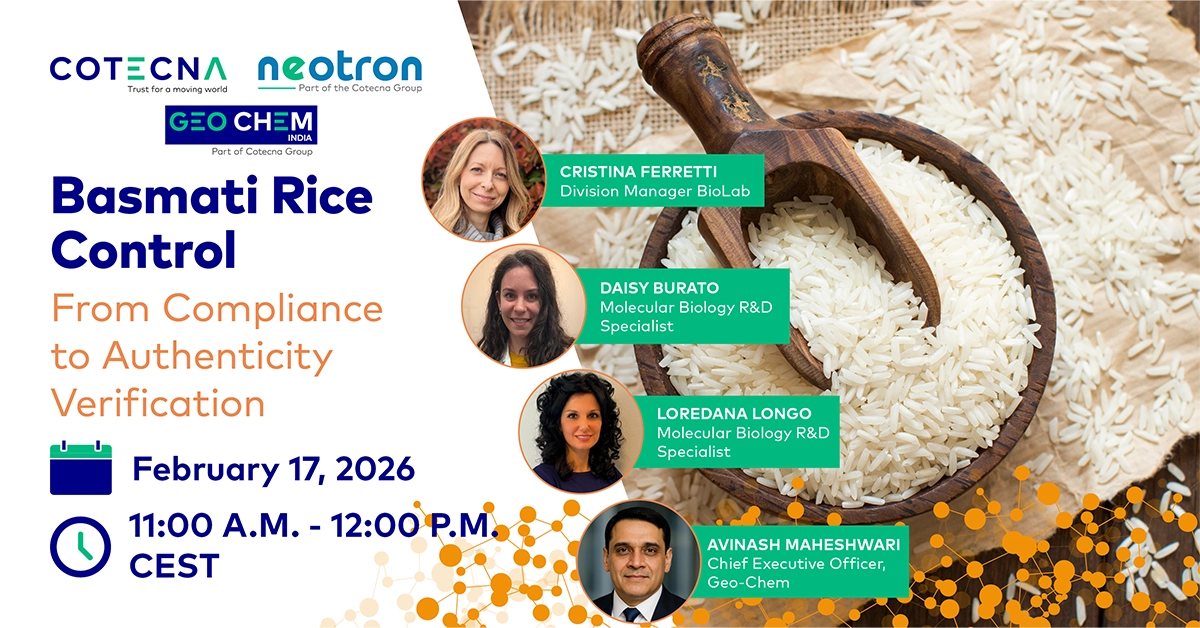Tags
Scientists Identify Rice Varieties That Could Help Cut Methane Emissions
Seed World Staff

Genetic selection could play a key role in helping farmers and plant breeders cut greenhouse gas emissions from crops — especially rice — according to new research from the University of Warwick and Cranfield University.
As agriculture intensifies to meet growing global food demand, it has become one of the largest sources of greenhouse gas (GHG) emissions. While the use of nitrogen fertilisers is a well-known driver of nitrous oxide (N₂O) emissions, scientists have now shown that crop varieties themselves can also significantly influence emission levels. Until recently, however, it was unclear which varieties offer the best balance between high yields and low emissions, according to a press release.
In a study published in Frontiers in Agronomy, researchers conducted the first global comparison of how different crop varieties affect greenhouse gas outputs. Their findings reveal that the choice of rice variety can have an even greater impact on methane (CH₄) emissions than fertiliser management — a crucial insight given rice’s central role in feeding billions of people worldwide.
“This study looked across wheat, maize, canola, soybean, and especially rice, Conor Walthall, Research Associate, University of Warwick said. “Rice is the staple food for more than half the world’s population, but rice paddies account for over 10% of global methane emissions – a greenhouse gas over 25 times more potent than CO₂. By selecting rice genotypes with lower methane emissions, without reducing yields, we can both increase food security and reduce agriculture’s climate impact.”
By analysing 180 crop genotypes from trials around the world, researchers discovered:
- Nitrous oxide (N₂O) emissions are closely tied to nitrogen fertiliser inputs, regardless of genetic variety.
- Methane (CH₄) emissions, by contrast, are strongly influenced by genotype, highlighting selective breeding as a key strategy for reduction.
- Yields also depend heavily on genotype, indicating opportunities to selectively breed to align productivity with sustainability.
Crop characteristics — including root structure, nitrogen-use efficiency, and interactions with soil — all play a role in determining greenhouse gas emissions and can be improved through selective breeding. The study’s findings indicate that while effective fertiliser management remains important, breeding efforts should increasingly focus on genetic traits that help lower methane emissions.
“Our analysis shows that genetics play a key role in methane emissions in rice, offering new opportunities to align breeding with climate goals,” Senior author, Dr Alice Johnston, Lecturer in Environmental Data Science at Cranfield University, who supervised Conor as a PhD student at Cranfield, said. “Breeding can help, but we also need more field trials measuring genotype impacts on GHGs in real-world farming conditions and a range of crop types to ensure gains translate to practice.”
This is the first global synthesis to separate the effects of genotype and fertiliser on crop GHG emissions. The authors argue that plant genetics must be integrated into future greenhouse gas reduction strategies in agriculture.
The paper – “A global synthesis of genotypic variation in crop greenhouse gas emissions under variable nitrogen fertilisation” is published in Frontiers Agronomy
https://www.seedworld.com/europe/2025/10/31/scientists-identify-rice-varieties-that-could-help-cut-methane-emissions/Published Date: October 31, 2025







